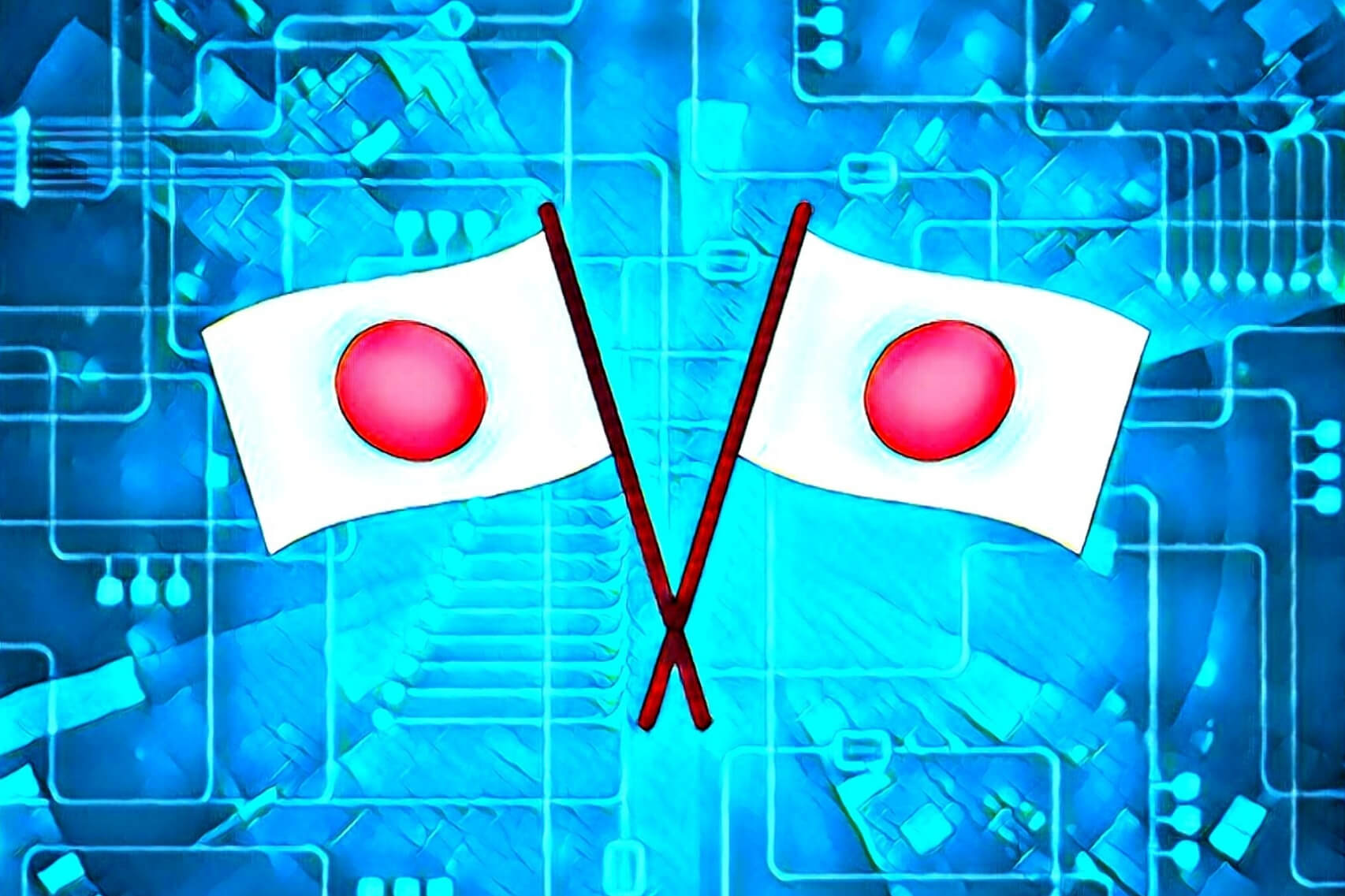The Japanese government has decided to make amendments to 2 acts, the Financial Instruments and Exchange Act and the Fund Settlement Act, in order to accommodate virtual currencies. This move further adds to the regulatory progress that the country is making for cryptocurrencies.
The development, first reported by Nikkei Shimbun on March 15, will change the description of virtual currencies into cryptographic assets, primarily for legal purposes.
However, this will not affect the companies that have already registered themselves with the term “virtual currency.” The report also states that the amendment will not require any individuals to name them as such.
The main revisions brought to the table by the amendment include the aforementioned name change, the prohibition of advertising and solicitation that encourages speculation, maintaining an information disclosure system, and the prohibition of unfair trade such as the popularization of reputation and price manipulation.
The full list of changes can be viewed here.
These particular acts have been formed for the protection of consumers. The Japanese government, like the authorities of many other nations, has recognized the need for stronger regulation in order to protect inexperienced investors against fraudulent ICOs.
The Financial Instruments and Exchange Act protects consumers from insider trading and market manipulation, which the digital assets market is not completely innocent of. Such bills, which bring revisions to existing acts that have hitherto focused on traditional financial assets, are aimed at bracketing crypto assets under these laws as well.
Japan is known to be very keen on cryptocurrencies, and is currently considering handing licenses to as many as 7 exchanges in the coming months.
There has also been speculation about the approval of a Bitcoin ETF, though the rumor was shot down soon after. Still, Japan is very crypto-friendly, going so far as to permit self-regulation.

